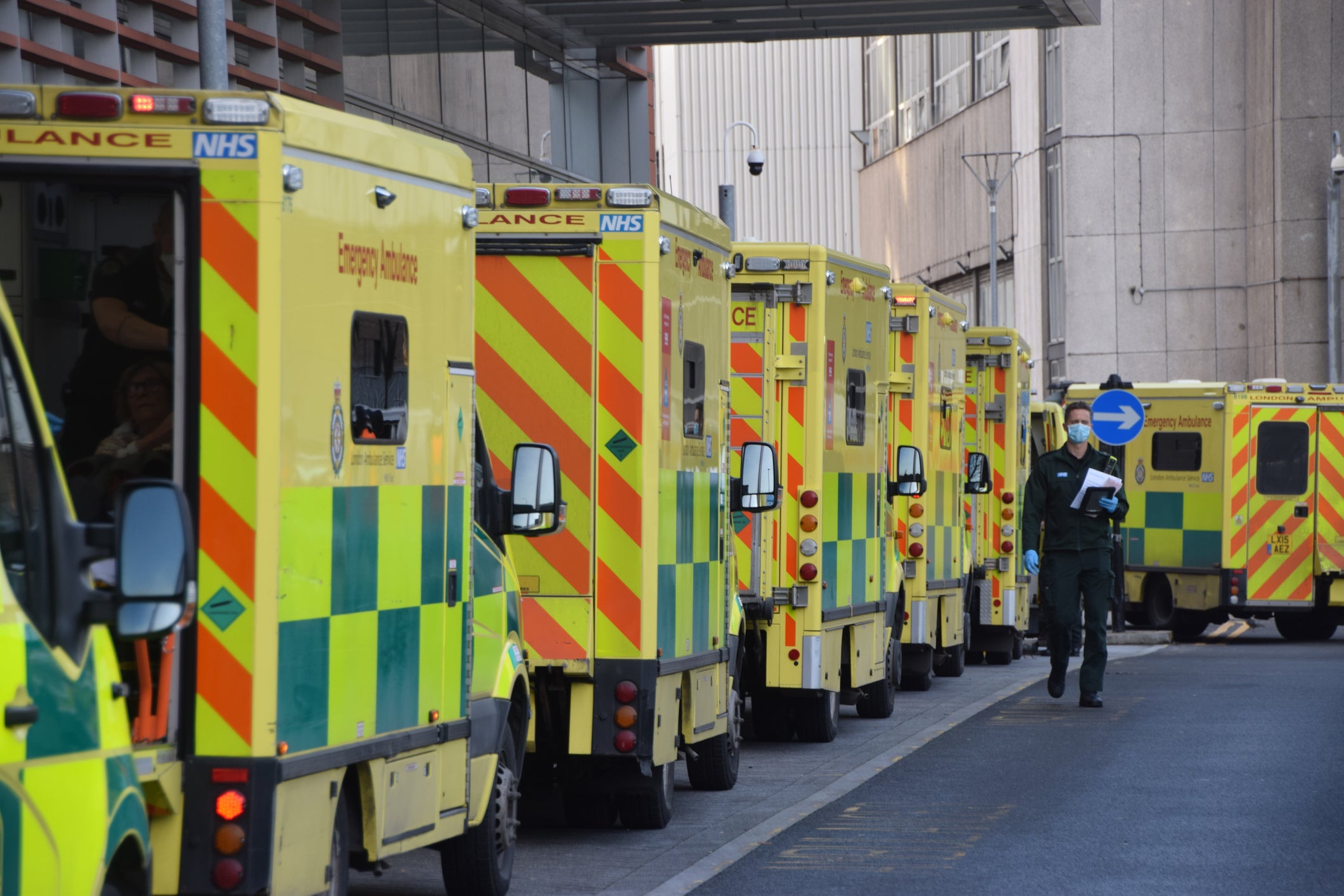Majority of NHS targets ‘could be abolished in 2023 after review of health service’
Outcome could give local leaders more autonomy

The government could scrap a number of NHS targets after a review of the health service, it has been reported.
Chancellor Jeremy Hunt and health secretary Steve Barclay commissioned Patricia Hewitt, a former Labour health secretary, last month to review how the NHS’s new integrated care systems should work, as well as how the health service should work to “empower local leaders”, giving them more autonomy.
According to the i newspaper, the government could abolish a majority of health service targets as a result of the review, so it can be run along similar lines to schools. Ms Hewitt is set to publish her review next spring.
The newspaper said ministers believe the NHS has become “overly centralised”, with doctors and trusts having to meet many different targets - more than 70 for GPs - and forced to tailor their work to meet them.
Instead, the government would rather run the NHS “more like we do the schools system”, a senior government source told the i, giving local leaders increased responsibility on how to effectively meet NHS goals.
The government is considering devolving responsibility to local managers, who will instead have a small number of broad goals.
The idea of fewer targets was received positively by the Royal College of GPs, which described many of the targets as “tick box exercises”.
Professor Kamila Hawthorne, chair of the Royal College of GPs, told the newspaper that GPs are working under “intense workload” and pressure, with a “bureaucratic burden” adding to their workload.
She said: “There may be some value in some of the performance indicators and frameworks which we currently work to, but many feel like tick box exercises that take GPs and our teams away from delivering frontline patient care, so at the very least a radical review of these in general practice is needed to ensure they are proportionate and extensively reduced, enable GPs to focus on the needs of patient in their local areas, and are in the best interests of patients.”
The Department of Health has been contacted for comment.
The recently created integrated care systems are meant to increase the efficiency of the NHS, by bringing together health providers and local councils to improve the transition for patients from hospital to social care.
Artificial intelligence technology is also set to help improve NHS standards, particularly with the bed-blocking crisis.
According toThe Times, AI software that analyses data, including age, medical conditions, and previous hospital stays, will be introduced to predict when patients will be ready to leave hospital once they have arrived in A&E.
Social care services can then be notified in advance as to when patients are expected to be discharged to ensure beds are available in care homes, ultimately saving roughly 3,000 bed days and £1.4 m a year, according to analysis.
About 13,700 hospital beds a day are currently occupied by patients who could be discharged – that’s 15 per cent of the total beds, with the majority delayed due to social care arrangements.



Join our commenting forum
Join thought-provoking conversations, follow other Independent readers and see their replies
Comments